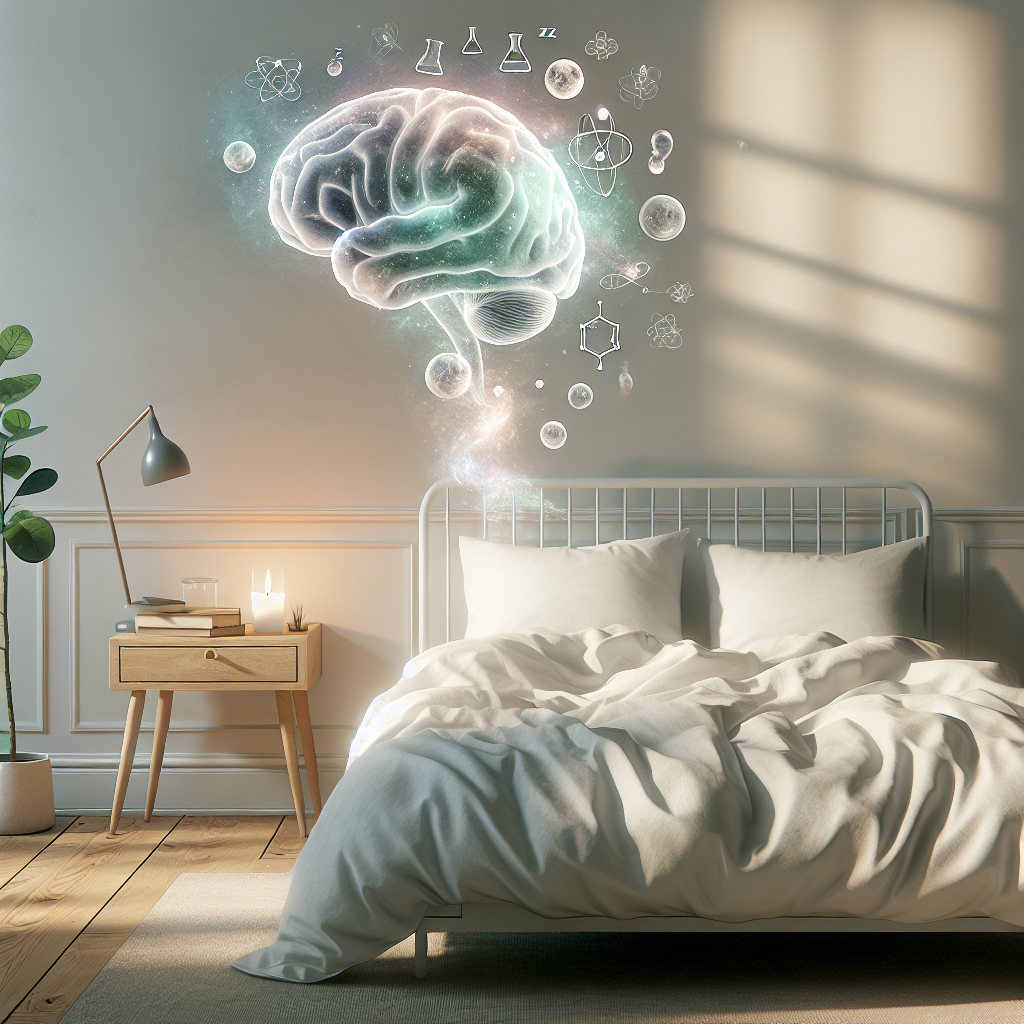### Unlocking The Power of Sleep: The Science of Restorative Slumber
Good health and well-being surpass the realm of balanced diets and regular exercises. One essential yet often under-appreciated factor in our health equation is sleep. Here, we delve into the impressive science behind restorative slumber and how we can harness its potent health benefits.
**The Science of Sleep**
Sleep, a state of unconsciousness where our brain remains highly active, is crucial to our physical health and effective functioning of our nervous system. It can be divided into two broad categories: Rapid Eye Movement (REM) sleep and Non-Rapid Eye Movement (NREM) sleep.
NREM sleep, further broken down into three stages, marks the beginning of the sleep cycle. Stage one represents the shift from wakefulness to sleep, stage two characterizes light sleep, and stage three is deep sleep or slow-wave sleep. Following NREM, we flow into the REM stage, associated with vivid dreams.
**The Role of Sleep in Health**
Sleep engages various processes that congregate to repair the body. During deep sleep, human growth hormone is released, which aids in tissue repair and growth, crucial for injury recovery and healthy physiology.
Sleep also seems to play a definitive role in our brain health. The glymphatic system, a waste clearance pathway of the Central Nervous System (CNS), is more active during sleep. This “nighttime brain wash” aids in removing neurotoxic waste, linking quality sleep to a decreased risk of neurodegenerative diseases like Alzheimer’s.
Moreover, good quality sleep goes hand in hand with a robust immune system. Sleep deprivation can disrupt the body’s immune response, impeding our ability to fight off infections.
**Harnessing the Power of Restorative Sleep**
Given the importance of sleep, how then can one ensure quality shuteye? Here are some science-approved tips:
*Establish a Regular Sleep Routine*: Syncing sleep time with the body’s natural circadian rhythm or biological clock optimizes the quality of sleep. A regular sleep schedule makes you more likely to maintain this vital health habit.
*Create an Ideal Sleep Environment*: A cool, dark, quiet space can signal your brain that it’s time to relax, leading to a more rejuvenating sleep. Consider using eye shades, earplugs, or white noise machines if needed.
*Avoid Screens Before Bed*: Electronic devices emit blue light, which can interfere with the production of melatonin, a hormone vital for sleep. Experts recommend a screen-free time of one hour before hitting the bed.
*Nutrition and Exercise*: Avoiding caffeine close to bedtime, regulating alcohol intake, and not eating heavy meals late can promote uninterrupted sleep. Regular light exercising can also be beneficial.
**Conclusion**
Sleep is a fascinating realm of human health, deeply interwoven with every aspect of our physical and mental wellbeing. With ongoing scientific exploration, our understanding continuously expands, and so does our appreciation for this restorative state. To fully unlock the power of sleep, prioritizing good sleep hygiene can make all the difference.
Sleep well to live well!


